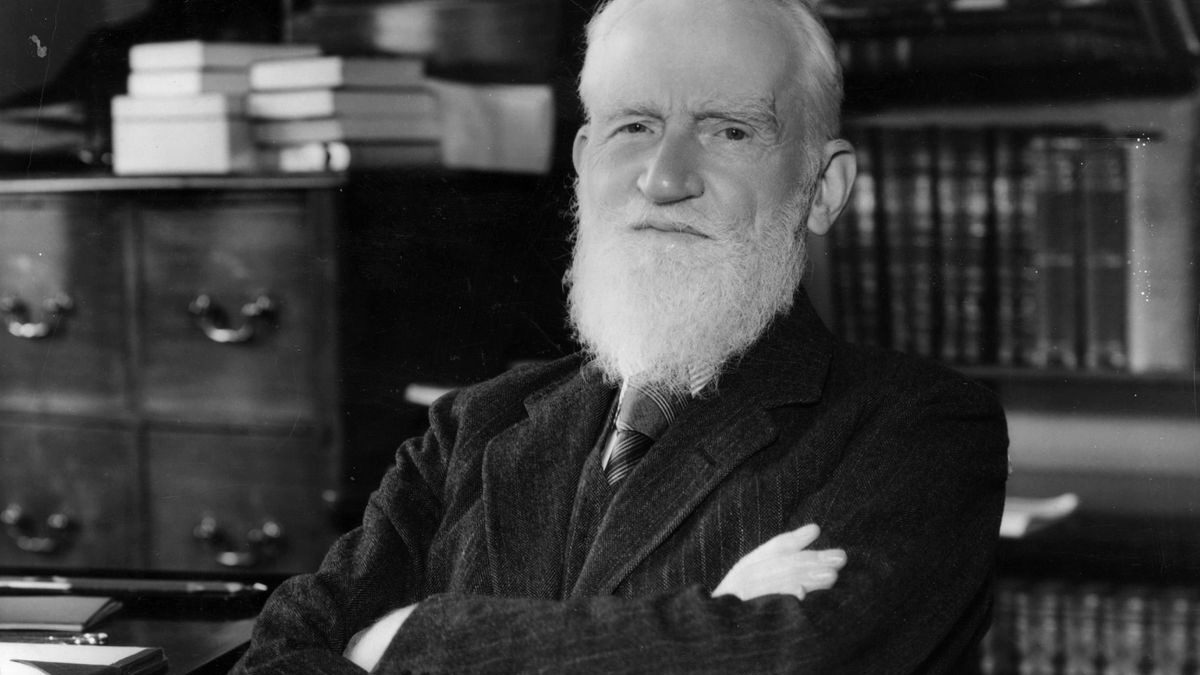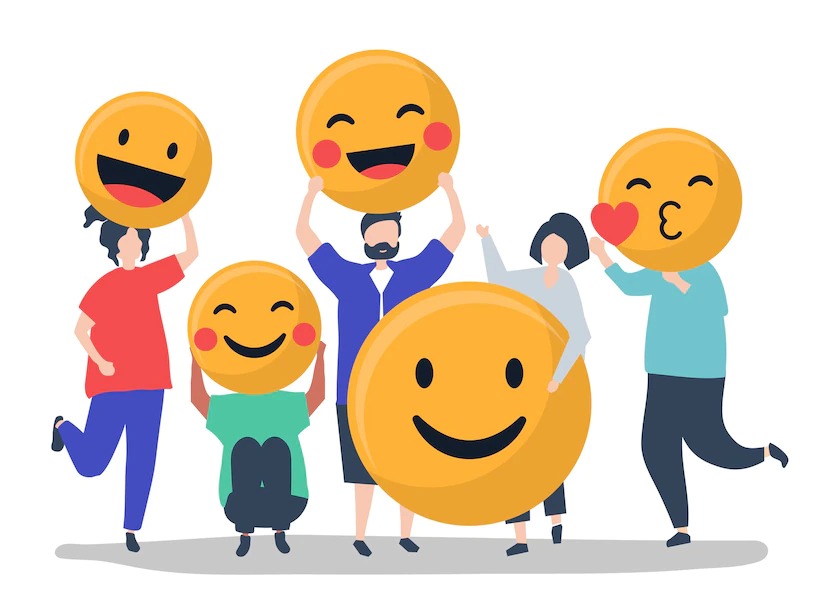
The Pygmalion effect is also called a self-fulfilling prophecy. It refers to the tendency in which more the expectation placed upon people, be they children, students or employees, the better they perform.
The concept is taken from George Bernard Shaw’s famous play ” Pygmalion “. In the play, an uneducated flower girl is transformed into a beautiful, well-mannered, and articulate princess by making her believe that she can become a princess. Pygmalion effect is a phenomenon of creating or installing confidence in a person to achieve what is desired from him /her to be achieved.
Pygmalion effect necessarily has a person or mentor prophesying belief in the capability of the subject to attain qualities that are desired. In the play Pygmalion, the eponymous character Professor Higgins does it admirably.
Managers more often use the concept as a motivation tool to direct the efforts of their subordinates. The application of this concept in most cases leads to enhanced performance by employees.
The reason is obvious as the employee responds to the faith that the superior has reposed in him / her supposed ability. This response is most often positive as the desired goal is conditioned by the organisation and social expectation.
The employee’s own desire is often subordinate to the overarching expectations from the superior. Pygmalion effect has a greater impact as the employee feels he /she is always under observation and there is a burden of expectation from the superior or organisation on his /her shoulder.
Some of the concepts related to the Pygmalion effect are the Hawthorne Effect and the Placebo Effect. Both these concepts have elements of Pygmalion effect in them. While all three are in turn based on the concept of instilled self-belief.


